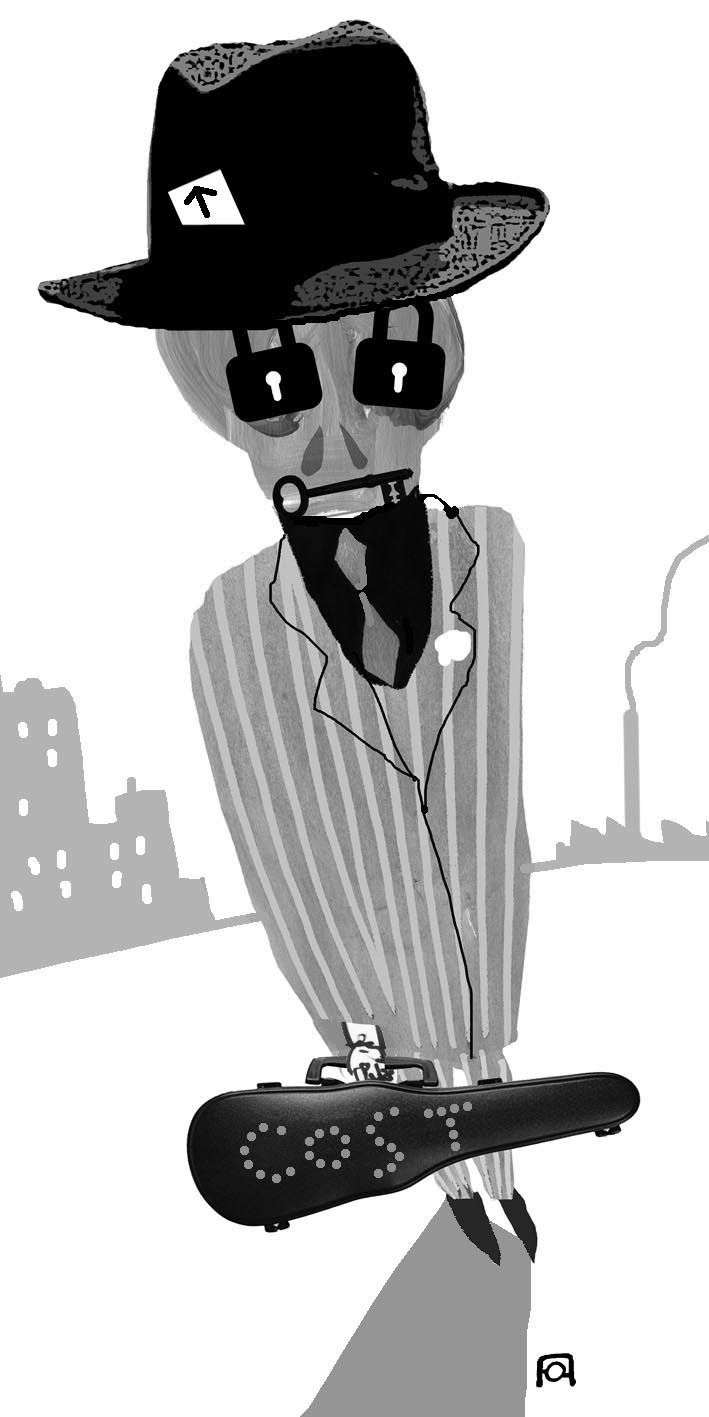

These days I have discovered a new concept and a new field of work with a great future: cost-killing. Cost-killers are special advisors that offer companies the fencing and elimination of their unnecessary waste or the optimization of their recipes. That is, cost-killers are excellent experts in economic performance.
Maleruski, they regret that they have a bad reputation, because people believe that their studies have led to a reduction in premiums for many months or to the destruction of some jobs. Despite the guesses, the cost-killers say: they do not attack the workers, but they help the bosses to better manage the companies. Dialogue and articles in favor of good faith can be read and heard in the specialized media. Halfway between convictions, the strikers of the multinational Carrefour declared the reverse, that last month they were exploited by the direct consequences of cost-killing methods.
The most terrible thing, however, is that cost-killing has also been imposed in the areas of education and health. Year after year the working conditions are getting worse, year after year the Administration makes us understand that the staff is considered to be any other parameter, capable of being rationalized like any other: the workload will be increased, the staff will be reduced, the staff has already made their own and will be discharged. The statistics established are those that determine the need to overcome or overcome the school exams, as well as to follow or not the care in the hospital centers. Teachers, conservatives, students or scholars tell us what each of us costs the state and to what extent society needs to sacrifice itself. Especially in the “marginalized” areas of the farmhouse, of course.
However, some entrepreneurs or public structures have begun to organize days for “work well-being”. But in most cases, not by gentleness, but by performance, optimization and rationalization. In Euskal Herria we have also known these kinds of campaigns a few months ago: “Do you want to improve the result of your company? Remember the well-being of workers at work!” It is clear that they must be congratulated so that the leaders are attentive to the physical and psychological suffering of the workers, but it is aggressive that they occur in the name of the capitalist system and not in the name of kindness. Well-being itself has become the object of cost-killing, ultimately, for the benefit of the devastating effects of capitalism.
Some cost-killers, however, have an internal ethic or value enough to change their profession in a normal way. Pantxika Maitia, currently working on public television Kanaldude, has recently published the documentary Ta what I sang was montanha (Mendia kanta) on the future of agriculture in the valleys of Barétous, Aspe and Ossau. Here is a man, a financial advisor from Bordeaux until he was 35, who worked to help lower taxes for the very wealthy. Suddenly, abandoning everything, he settled in Biarno as a pastor, facing all the problems of economics, dexterity and integration. In the film, they mourn for their choice: they irrationally diverted their lives, listening to their more intimate feelings and needs, hungry for freedom, love, peace and truthfulness. I mean, wanting to enjoy life.
Outside of this kind of personal initiatives, we will collectively say to the carriers of the capitalist system that exploits us: stop killing!